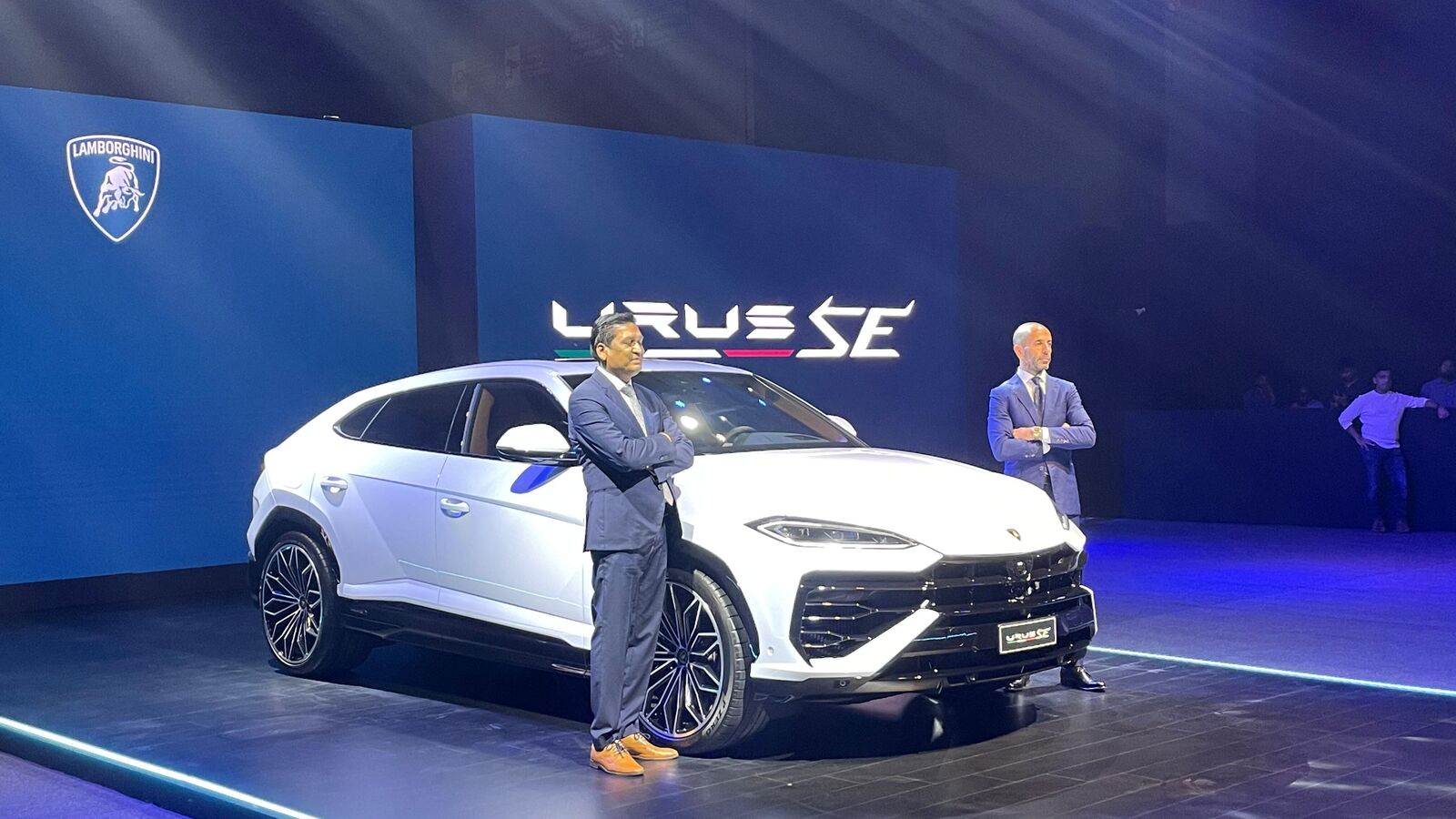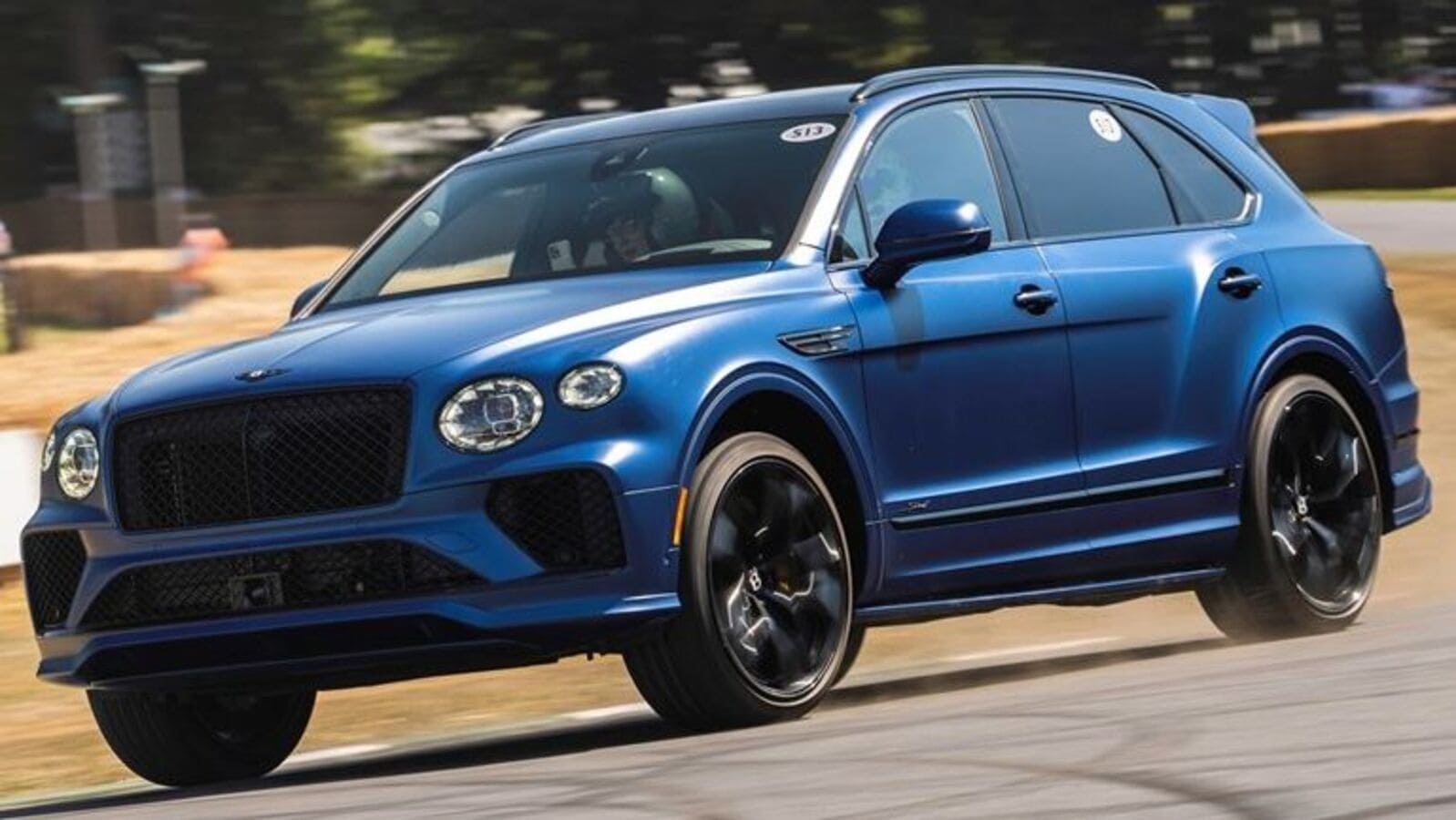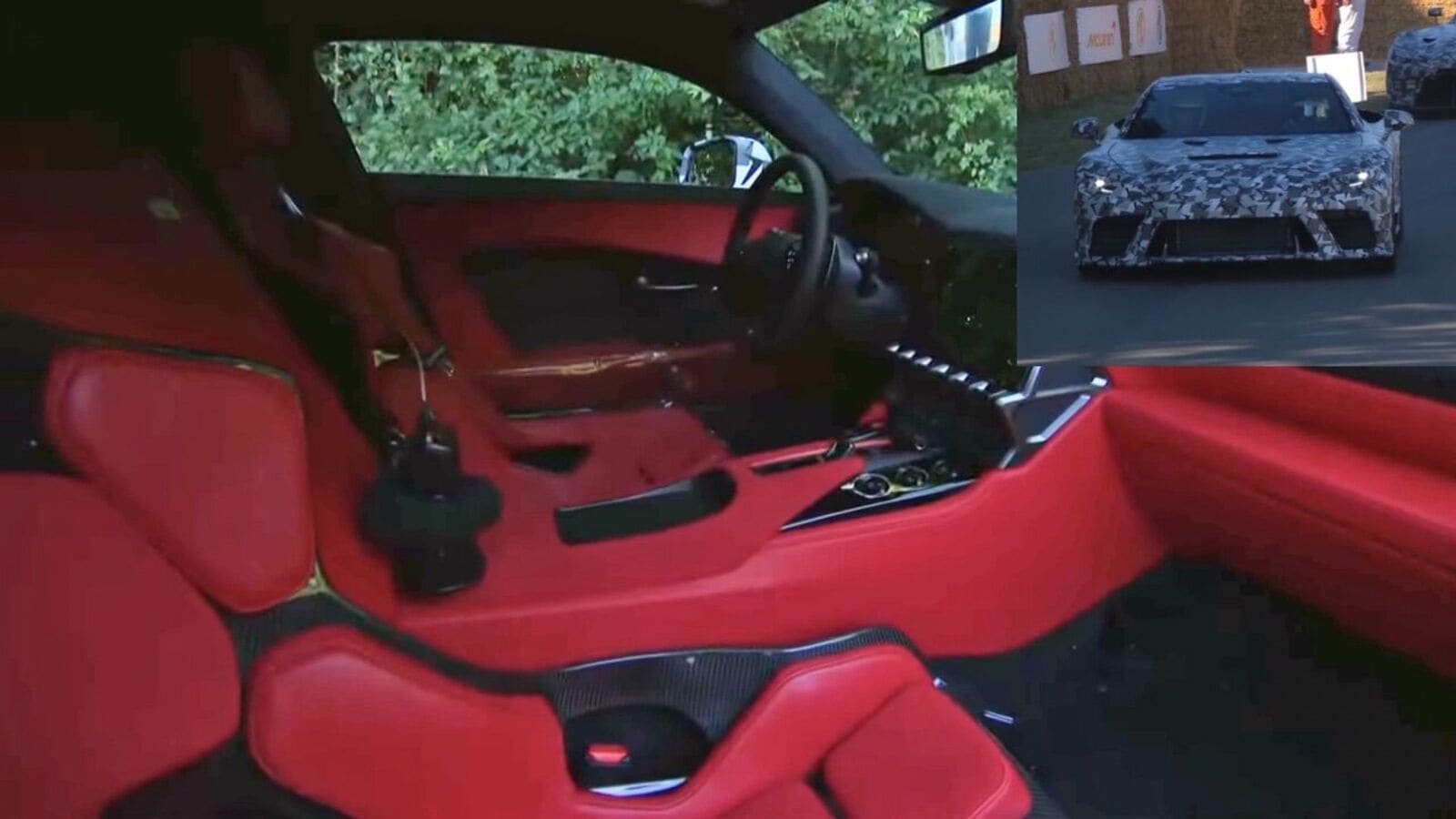Pune-based Force Motors Ltd (FML), known for its Traveller and Trax Utility vehicles, is aiming to extend its strong FY22 and FY23 performance for at least two more years (FY24 and FY25), buoyed by over 40% growth in its overall business. The company also has its sights set on replicating its peak sales figures from CY2015-16, targeting a range of 25,000–26,000 units by the end of FY24.
“We’ve seen significant growth of around 40% for the past two years,” says Rakesh Maru, President of Sales and Marketing at Force Motors, adding that the company’s vision is to continue with similar growth for another two years, if not more, even as the base increases. He spoke on the sidelines of an industry event.
For an OEM, business growth is usually a reflection of volume jumps. In Force Motor’s case, Maru, expects it to “get close” to the previous peak of 2015-2016, when it touched 25,000–26,000 units.
Post Covid-19 rejuvenation
Force Motors, like most of its peers, experienced a strong rebound after facing challenges due to the pandemic and related lockdowns during the affected period, commercial vehicle industry, particularly school buses, employee transportation, and tourism were seriously impacted.
Force Motors’ business has been steadily rising since the last quarter of FY20-23. This positive trend is reflected in both the company’s top line (revenue) and bottom line (profit).
Force Motors’ FY23 revenue reached Rs 5,091 crore, representing an impressive 54.6% year-on-year growth compared to FY22’s Rs 3,292.3 crore. The company’s net profit also saw a positive turnaround, reaching Rs 133.6 crore in FY23 compared to losses of Rs 91.1 crore in FY22. FY21 had seen even steeper losses to the tune of Rs 123.6 crore.
While the recovery efforts taken by Force Motors has paid off, its revamping of product portfolios, including new launches and upgrades, expansion of retail and after sales services, and marketing efforts, among others, helped in driving the sales towards a northward trajectory.
Investment in new platforms
The company launched a completely new platform of vans, an extension of the Traveller range and branded the ‘Urbania’ as a high segment niche product. Additionally, the company introduced the high-tech 33- and 41-seater lightweight monocoque buses, which they claim are a global first with a weight advantage of approximately 1 tonne compared to competitors. They’ve also launched the rugged ‘Gurkha’ utility model.
Component and contract businesses doing well
Force Motors’ component business has also seen a boost, with a strong demand for engine supply to luxury vehicle manufacturers like Mercedes Benz India and BMW India, driven by rising demand volumes in those segments. Among the forthcoming products, on the cards is the Gurkha 4×4, Trax 4×4, the latter especially being targeted at semi-urban and rural markets.
Expanding network
The retail network strategy is already in place. The company has been opening retail showrooms even in far-flung places, like the recent one in Aizwal in Mizoram. “The opportunity size is big and it will fuel our ambition of becoming a bigger brand,” remarked Maru, while explaining how that the only mode of transportation in these areas is a 15-20-year old Tata Sumo or similar cars.
Aiming to triple bus sales
The bus segment has outpaced the overall commercial vehicle (CV) growth in recent years. Optimistic about the continued growth demand for buses in the coming years, Force Motors is looking to triple its market share to at least 10% by FY25 from just about 6-7% currently. In the 5–10-tonne segment, the company envisions becoming number one. In fact, it is number one in theT1, T2 and T3 categories, surpassing even Tata Motors, the company executive added.
Electric buses are also adding to the sales and growth figures. With the electric bus portfolio, it sees an opportunity in the growing adoption of electric vehicles in India, particularly for school transportation. Several Indian states offer tax breaks for school bus operators, with rates as low as 4-5%, making electric buses even more attractive from a cost-effective standpoint.
Another important area that Force Motors is keen to participate aggressively, is in the last mile connectivity segment. Maru cited the example of the existing metro rail network in India, an average ridership of which, with the exception of Delhi, remains low at about 30%. The problem according to him is the lack of last-mile-connectivity outside such metro stations. “While metro travel itself is comfortable, the process of reaching and exiting stations can be frustrating and time-consuming due to lack of public transport. This has led to a surge in ride-hailing services like Uber, Milo, and Cityflo, among others, which offer greater convenience,” Maru says.
Renewed focus on exports
Maru explained that their export strategy primarily caters to three markets — Africa, the Middle East, and South Asia. The company admits that it has been weak on cashing on exports due to product limitations, but that will be thing of the past going forward. Until recently, the company did not have left hand drive (LHD) vehicles in its portfolio. With LHD variants, the Urbania MPV will be targeted in the Middle East markets, and the Traveller range will be aggressively marketed in Africa and South Asia.
The company expects exports to reach about 3,000-4,000 units annually once all their targeted products are launched.
Future investments
With a busy agenda ahead, Force Motors is set to ramp up investments over the next three to four years. A big focus will be on electric vehicles (EVs) and sustainability initiatives. For the commercial and utility vehicle,Rs 2,000 crore has been earmarked for the expansion that will include investments in ICE, EVs, engineering facility upgrades, and broader environmental sustainability efforts across its value chain, as stated by the Managing Director Prasan Firodia.
The company’s electrification push will see a significant allocation, with Firodia indicating an investment range of Rs 200–300 crore. Force Motors plans to introduce electric variants of its entire van portfolio in a phased manner, starting with the Traveller, with a new variant being launched every six months. Also, an electric version of Urbania is expected to get rolled out by end of next year. Likewise, in the personal mobility space, Gurkha may also see getting an electric version.
Tractor business
While the push into its profitable segment continues, the Force Motors Board has decided to log out of its tractor business with effect from March 31, 2024. The decision to exit the tractor business is part of its product rationalisation programme. While the tractor business generated revenue of approximately Rs 182.53 crore during FY23, it accounted for only 3.66% of the company’s total revenue for the fiscal year. The net block of assets of the tractor unit as of March 31, 2023, was Rs 12.29 crore. Revenue from the sale of agricultural tractors amounted to Rs 182.53 crore for the fiscal year ended March 31, 2023.
Way forward
As part of its strategic realigning and investments, Force Motors will be focusing on its core business, which includes shared and last mile mobility, goods transportation, supplying high value components for other OEMs and the creation of special vehicles for civil and defence needs, the company informed in an exchange filing.
This feature was first published in Autocar Professional’s June 1, 2024 issue.




